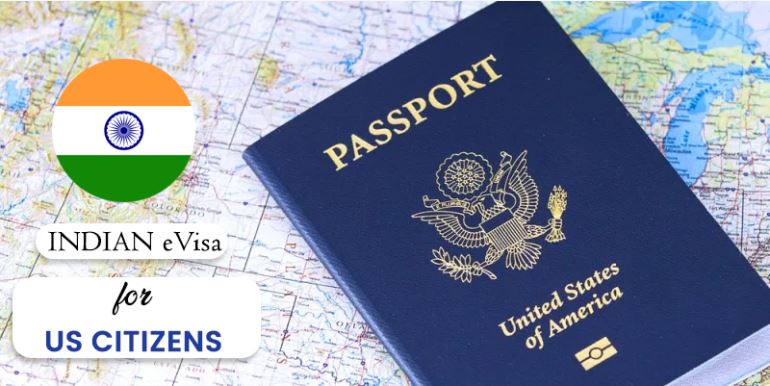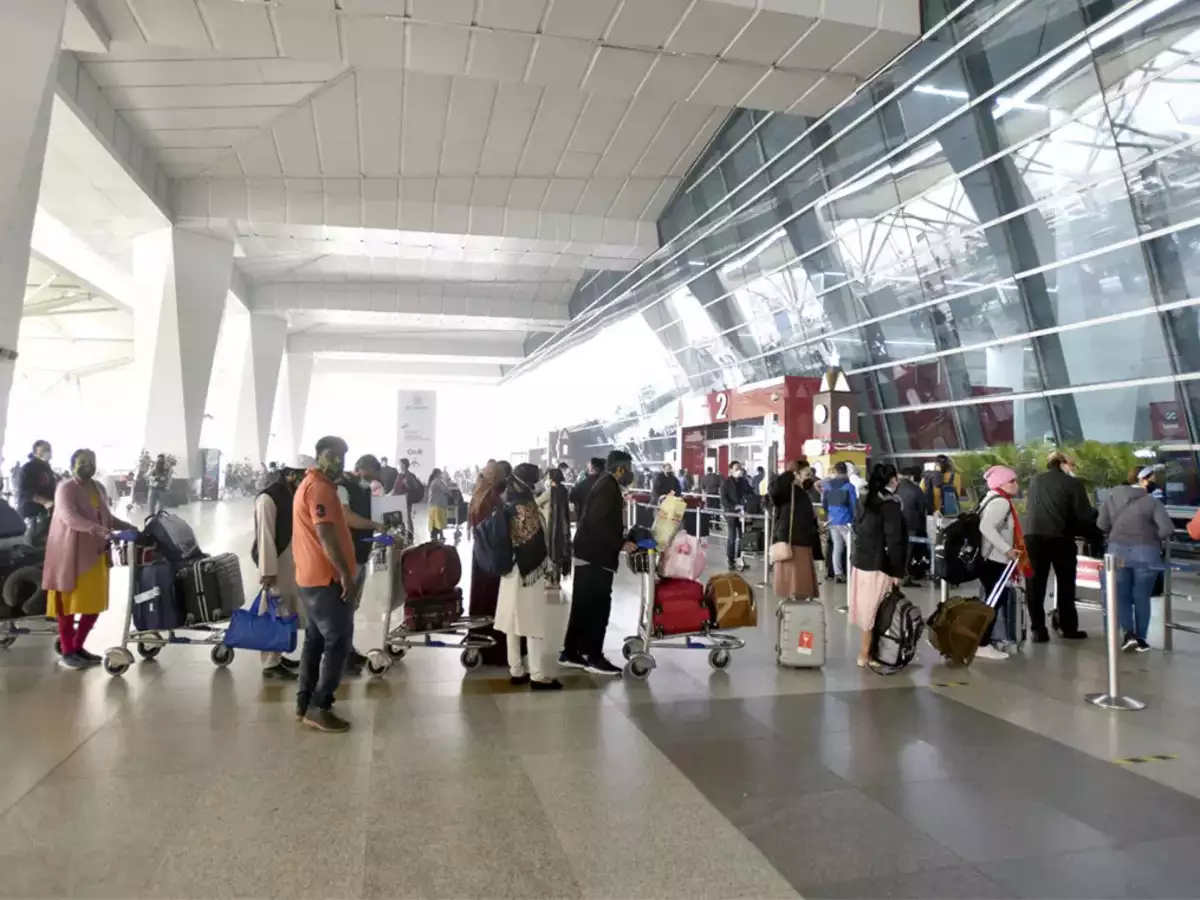Are you planning to explore the vibrant culture, stunning landscapes and rich history of India? As a Danish citizen, you’ll need to obtain a visa before embarking on your journey. The Indian visa application process can be daunting and confusing for many travelers. But don’t worry! In this comprehensive guide, we’ve got everything covered to make it easy for you. From types of visas available and eligibility criteria to required documents and fees – read on to know all about obtaining an Indian visa as a Danish citizen. So pack your bags, grab your passport and let’s get started on this exciting adventure! Indian Visa for Danish Citizens
What is an Indian Visa?
If you are a Danish citizen, you can apply for an Indian visa online. The Indian embassy in Copenhagen will then send you the appropriate form to fill out and return to the embassy. There is no need for an appointment, but you should allow at least two weeks for the visa process. Once your application is received by the embassy, you will be notified of whether or not your visa has been approved. If your visa is approved, it will be sent to your address in Denmark. If your visa is denied, you may still be able to appeal the decision.
How to Obtain an Indian Visa as a Danish Citizen?
If you are a Danish citizen, you can apply for an Indian visa at your local Danish embassy or consulate. The application process is fairly simple and typically takes around two weeks to complete. To find the location of your nearest Danish embassy or consulate, visit the Ministry of Foreign Affairs website.
Before applying for your Indian visa, it is important to gather all of the required documents. These documents include your valid passport, a copy of your identification card (if you have one), and proof of residency in Denmark (for example, a utility bill or rental agreement). If you are travelling to India on business, you will also need to provide documentation confirming that you are representing a company or organization.
Once you have gathered all of the necessary documents, it is time to apply for your Indian visa. You can do this by filling out an online application form or by submitting photocopies of the required documents along with your application form. When submitting your application form, be sure to include the applicable fee (currently around 350 DKK). Indian Visa for Polish Citizens
Once your Indian visa has been issued, be sure to bring it with you when travelling to India. Additionally, make sure to carry copies of all of the information listed on your visa (including your passport photo), as well as any other documentation that was required during the visa application process.
How to Obtain an Indian Visa as a Polish Citizen?
If you are a Polish citizen, you can apply for an Indian visa in the same way as any other foreign national. There are many different types of visa that you can apply for, so it is best to speak to an experienced travel agent who can advise you on the best option for your needs. You will need to provide documentation such as your passport and visa application form, as well as supporting documents such as your passport photograph and two recent letters of recommendation from Polish nationals. Once all of this information has been submitted, you will need to wait for a response from the Indian embassy in Poland before making any further arrangements.
Requirements for an Indian Visa
Required Documents for an Indian Visa as a Dane
To apply for an Indian visa, you will need to provide the following documents:
– A passport valid for at least six months beyond the expected period of stay in India.
– A valid visa application form (available from embassies or consulates).
– Photographs: 2 copies, 1 copy for your passport and 1 copy to be sent to the Indian embassy or consulate.
– Proof of citizenship: A Danish birth certificate, ID card, or naturalization certificate.
– Evidence of financial stability: Recent bank statements, proof of rent/mortgage payment, and a letter from your employer stating that you are not on any kind of leave.



